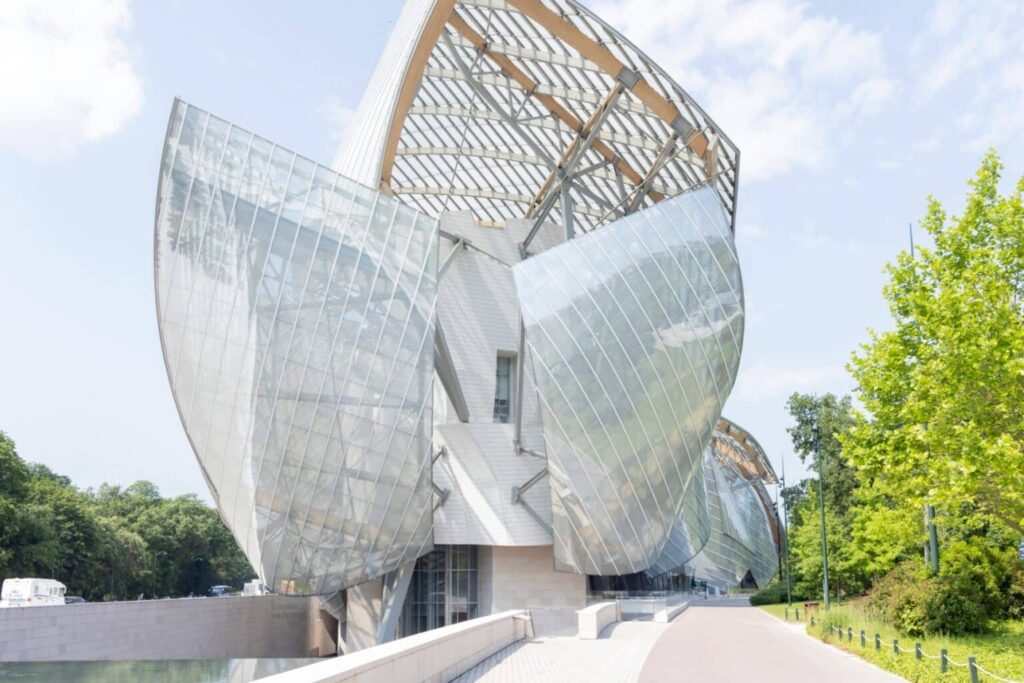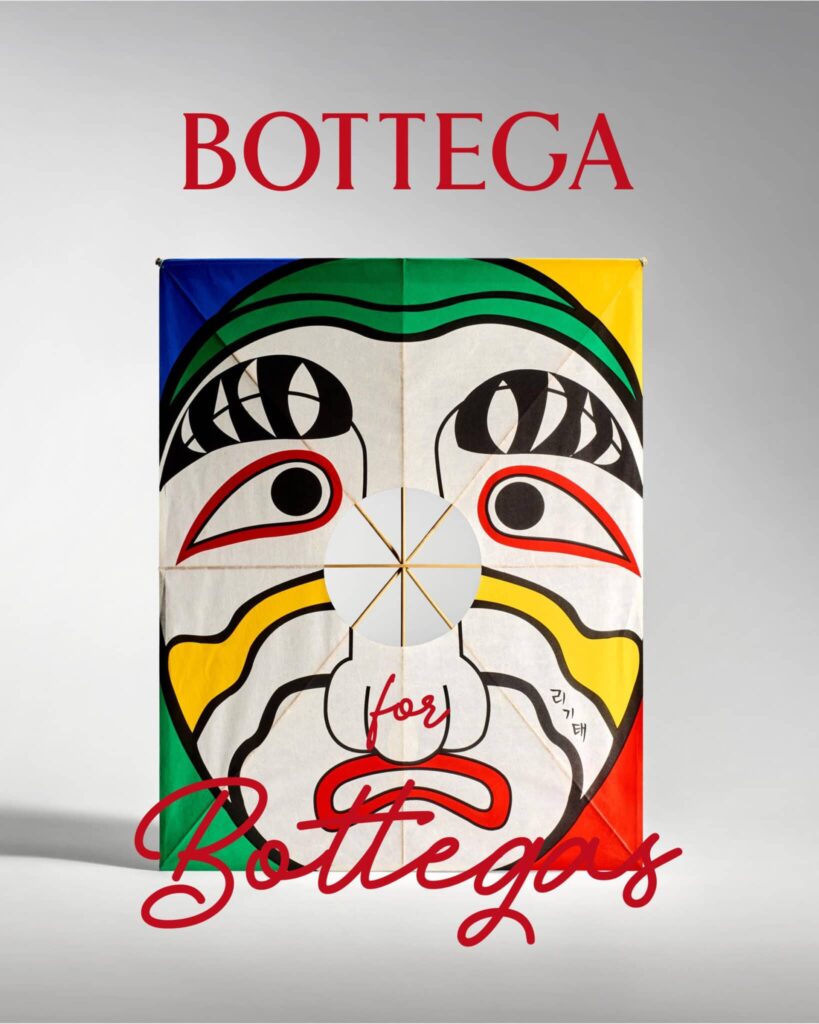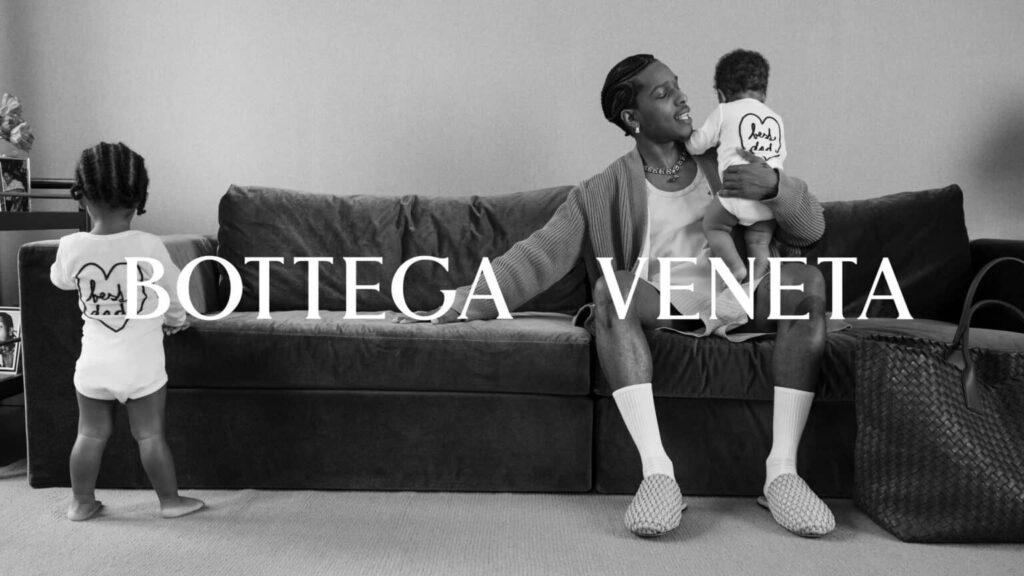
In an era dominated by digital technology, social media, and AI-driven marketing, luxury brands are shifting their focus back toward authenticity, craftsmanship, and cultural depth. Rather than chasing fleeting online trends, renowned fashion houses and iconic brands are turning inward, emphasizing genuine artistry, meticulous craftsmanship, and meaningful cultural engagement. This revival of traditional techniques and dedication to preserving heritage crafts is redefining luxury itself—not merely as opulence, but as enduring quality, authenticity, and creative depth.
LOEWE: A Legacy of Artistic Collaborations
Rooted in rich Spanish traditions since 1846, LOEWE has long celebrated artistry and craftsmanship. Recently, the brand embraced the centuries-old cloisonné enameling technique for their Chinese New Year capsule, collaborating with renowned master artisan Xiong Songtao. This initiative produced stunning artisanal pieces imbued with symbolic motifs, demonstrating LOEWE’s respect for cultural heritage.
The LOEWE FOUNDATION Craft Prize is another testament to the brand’s global commitment. Drawing thousands of submissions annually, the prize supports contemporary artists who blend traditional methods with groundbreaking innovation, reaffirming the brand’s belief in art as an ongoing dialogue between the past and the present.

Bottega Veneta: Cultural Narratives Through Artistry
Under Matthieu Blazy’s visionary leadership, Bottega Veneta evolved into a beacon of cultural storytelling. Their limited-edition fanzines invite international artists to reimagine Bottega Veneta’s pieces within rich narrative contexts, from Utah’s surreal landscapes to Detroit’s culturally vibrant neighborhoods. Projects like “Portraits of Fatherhood” with Carrie Mae Weems exemplify the brand’s nuanced engagement with cultural dialogue, emphasizing authenticity and human connection over commercial spectacle.
Moreover, through initiatives like “Bottega for Bottegas,” the house supports artisans worldwide. Celebrating small-scale craftsmanship, the brand amplifies artisans such as Korea’s Kitai Rhee, preserving rare kite-making traditions, thus reinforcing Bottega Veneta’s identity as a guardian of global cultural heritage.

Fondation Prada: Provocation and Innovation
Established by Prada Group in 1993, Fondazione Prada is a pivotal cultural innovator. Rather than leveraging art for mere branding, Prada provides artists complete autonomy, fostering boundary-pushing projects like “Atlas,” which juxtaposes Jeff Koons and Carla Accardi’s works. Projects such as “Training Humans” question ethical dimensions of technology and society, positioning Prada as a pioneering force advocating deeper intellectual and cultural discourse.
Chanel’s le19M: A Sanctuary for Craft
Chanel’s architectural marvel, le19M, transcends mere exhibition space, serving as an active cultural ecosystem. Housing revered ateliers like Lesage and Maison Michel, the space emphasizes Chanel’s ongoing commitment to preserving artisanal skills. The Ornementa exhibition exemplifies Chanel’s engagement with craftsmanship, inviting public participation to understand and appreciate complex artisanal techniques, demonstrating that true luxury encompasses educational and interactive experiences.

Fondation d’entreprise Hermès: Fusion of Contemporary Art and Traditional Craft
Since 2010, the Fondation d’entreprise Hermès has supported artists through immersive residencies within its legendary ateliers. The residencies encourage collaborations between contemporary artists and master artisans, resulting in unique creations showcased internationally. Hermès bridges artistic experimentation with practical savoir-faire, highlighting their belief in craftsmanship as a living, evolving practice rather than static tradition.
Patek Philippe’s Dedication to Rare Handcrafts
Patek Philippe’s Rare Handcrafts exhibition epitomizes luxury through unparalleled artisanal skills such as enamel painting and wood marquetry. Each timepiece exhibited is meticulously crafted by artisans employing traditional methods, affirming the brand’s belief that luxury is rooted in irreplaceable human craftsmanship rather than mass production. Their meticulous approach serves as a preservation strategy for rare techniques endangered by industrialization.
Fondation Louis Vuitton: Beyond Luxury Branding
Opened in 2014, the Fondation Louis Vuitton stands as a testament to LVMH’s dedication to authentic cultural patronage. Under Frank Gehry’s architectural masterpiece, the foundation offers intellectually rigorous exhibitions and public programming. Retrospectives of figures like Basquiat and Rothko emphasize deep cultural engagement, positioning the Fondation as a credible cultural institution rather than a corporate promotional vehicle.

FENDI’s Global Artisanal Dialogues
FENDI’s “Hand in Hand” project exemplifies the brand’s commitment to cultural diversity and craftsmanship. Collaborating with regional artisans worldwide—from Korean traditional knotting masters to Australian textile artists—the brand reinterprets its iconic Baguette bag through culturally distinctive techniques. Each creation tells a story, celebrating global cultural identities and artisanal mastery, reinforcing FENDI’s identity as a culturally inclusive luxury brand.
Kering’s Advocacy for Gender Equality in Arts
Marking a decade of the Women in Motion initiative, Kering continues advocating gender equality within global cinema. Their ongoing collaboration with USC’s Annenberg Inclusion Initiative highlights systemic gender disparities, empowering female filmmakers globally through targeted grants and recognition. Celebrating directors like Marianna Brennand illustrates Kering’s commitment to meaningful, sustainable cultural investment, aligning luxury with social responsibility.

Luxury’s New Definition: Craft and Culture
The shift towards craftsmanship, artistic authenticity, and cultural investment by luxury brands represents a profound redefinition of luxury itself. It signals a deeper industry-wide recognition that true luxury extends beyond superficial opulence to include cultural legacy, artisanal integrity, and genuine artistic expression. These initiatives collectively underscore that contemporary luxury is not merely about exclusivity but about creating enduring cultural value, fostering genuine creativity, and nurturing human ingenuity.
This renewed embrace of artisanal techniques and cultural patronage positions luxury brands as essential custodians of tradition and innovation alike. By bridging past craftsmanship with contemporary creativity, these brands not only redefine luxury—they ensure that these precious traditions endure for future generations.

